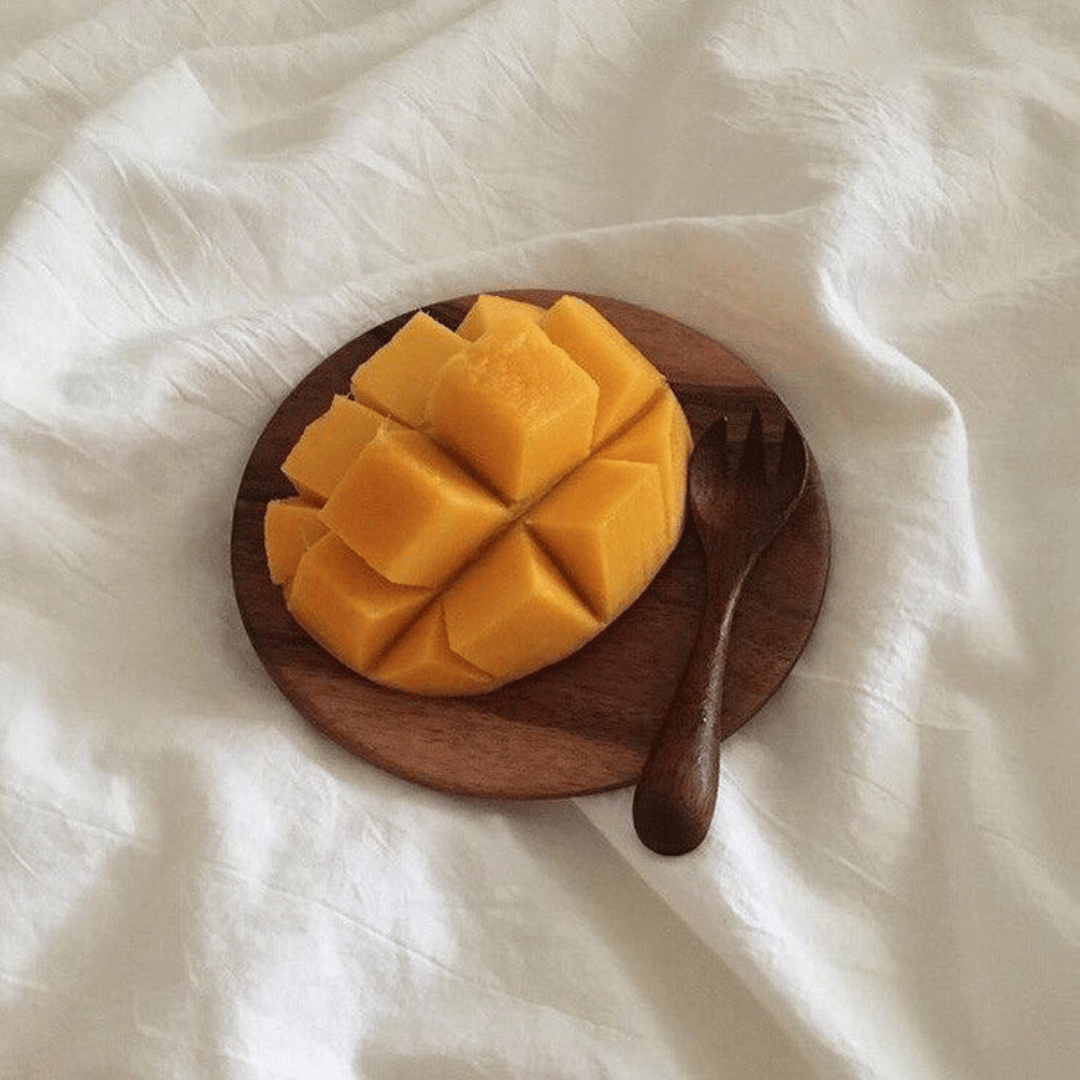In the whirlwind of parenting, baby wet wipes stand as a steadfast companion, ready to tackle messes, soothe tiny bottoms, and offer convenience amidst the chaos. Understanding their significance in daily parenting routines unlocks the secret to smoother, more manageable days. From their basics to their diverse types, these wipes play a pivotal role in ensuring hygiene and comfort for your little one. Let's delve into their world to comprehend their importance and make informed choices in your parenting journey.
Unveiling the Magic: The Basics of Baby Wipes
Baby wipes, the unsung heroes of parenthood, harbor a wealth of simplicity and effectiveness. Comprised of soft fabric infused with gentle cleansing solutions, these wipes offer a hassle-free solution for quick and efficient cleanup. Their hypoallergenic nature and delicate texture cater to even the most sensitive baby skin, making them an integral part of daily care routines. Understanding their composition, varieties, and intended uses empowers parents to navigate the aisles filled with an array of choices, ensuring they pick the best for their little ones' needs. Let's explore the basic building blocks of these magical wipes.
Types and Varieties: Choosing the Right Baby Wet Wipes
Having the right baby wipes in your parenting arsenal is akin to finding the perfect ally in the daily diaper-changing routine. Baby wet wipes go beyond cleansing; they're a fundamental part of maintaining your little one's hygiene. However, with a myriad of options available, it's essential to navigate through the types and considerations to ensure you choose the best for your baby's delicate skin. In your quest for the perfect baby wet wipes, consider exploring the versatility of muslin cotton wipes, often available in collections like those at A Toddler Thing. Here's why they're a worthy option:
- Gentle and Soft: Muslin cotton wipes are exceptionally soft and gentle on a baby's delicate skin, offering a soothing touch during diaper changes or cleaning routines.
- Absorbent Properties: These wipes are highly absorbent, efficiently cleaning spills, dribbles, or diaper changes without leaving any residue behind.
- Breathable Material: The breathable nature of muslin cotton prevents excessive friction, making it suitable for sensitive skin prone to irritation.
- Reusable and Eco-Friendly: Opting for reusable muslin cotton wipes not only reduces waste but also aligns with eco-conscious parenting practices.
- Versatility: Beyond being used as wipes, muslin cotton cloths can serve multiple purposes like burp cloths, bibs, or even light blankets.
Their natural softness, absorbency, and reusability make muslin cotton wipes an excellent choice for parents seeking a gentle yet effective cleaning solution for their little ones.
Are All Wipes Equal? The Science Behind Baby Wipes
When it comes to baby wipes, not all products are created equal. Here's a closer look at the varying factors that differentiate one from another:
- Ingredients Matter: Pay attention to the ingredients listed on the packaging. Some wipes contain fragrances, alcohol, or certain chemicals that might irritate sensitive skin. Opting for wipes made with natural ingredients or hypoallergenic formulas can be gentler on delicate skin.
- Thickness and Texture: The thickness and texture of wipes vary between brands. Thicker wipes often provide more durability and moisture, while textured wipes can offer better cleaning for messes.
- Biodegradable Options: Eco-friendly wipes made from biodegradable materials are gaining popularity. These wipes decompose faster than traditional wipes, making them a more sustainable choice.
- Fragrance vs. Fragrance-Free: Fragranced wipes might have a pleasant scent but can potentially trigger skin allergies. Fragrance-free options are advisable, especially for babies with sensitive skin.
- pH Levels: Some wipes are designed to match a baby's skin pH level, reducing the risk of irritation or allergic reactions.
- Packaging and Dispensing: Consider the packaging design and ease of dispensing. Resealable packs or pop-up lids can help keep wipes moist and easily accessible.
Understanding these nuances can aid in choosing the most suitable wipes for your baby's skin type and your preferences as a parent. Exploring A Toddler Thing's wipes collection might offer diverse options that align with your desired features.
Baby Wipes 101: Tips and Tricks for Effective Usage
Baby wet wipes are a cornerstone of parenting, offering convenience and functionality in caring for your little one. From quick cleanups to gentle hygiene maintenance, these wipes play a significant role in the daily routine of parents and caregivers. Understanding their diverse types, ingredients, and proper usage is crucial to ensure your baby's comfort and hygiene. Let's delve into the world of baby wet wipes, exploring their significance, types, and best practices for effective use in your daily parenting routine.
- Superior Absorbency: Muslin cotton wipes are lauded for their exceptional absorbency. They efficiently clean spills, drools, and messes while being gentle on the baby's delicate skin.
- Reusable Marvels: These wipes are eco-friendly and reusable. They can be washed and reused multiple times, reducing waste and contributing to a more sustainable parenting approach.
- Versatile and Soft: Muslin cotton wipes are incredibly soft, making them perfect for sensitive skin. They serve multiple purposes beyond cleaning, such as serving as a burp cloth, washcloth, or even a makeshift bib.
- Natural Material: Made from natural cotton, these wipes are devoid of harmful chemicals, fragrances, or additives that might irritate the baby's skin. They're a safe and gentle choice for newborns and infants.
- Wash Care: To maintain their softness and absorbency, wash muslin cotton wipes in mild detergent and avoid using fabric softeners or harsh chemicals. Air drying or tumble drying on a low setting helps preserve their quality.
- Storage Solutions: Store them in a clean, dry container or a wet bag while on the go. Keeping them moist in a solution of water and a mild baby wash or using a homemade solution of water and aloe vera gel can maintain their moisture and cleanliness.
- Multipurpose Utility: Muslin cotton wipes are adaptable. They can be used during diaper changes, baths while feeding, wiping hands, and general cleanup.
Remember, the key lies in maintaining cleanliness, ensuring the wipes are adequately cleaned and sanitized between uses, and storing them in a hygienic manner.
Eco-Friendly Options: Sustainable Baby Wet Wipes
When it comes to prioritizing sustainability in your baby's care routine, muslin cotton wipes stand out as an eco-conscious choice. These wipes, crafted from soft, breathable muslin cotton fabric, offer a gentle touch against your baby's delicate skin. They are reusable, making them a sustainable alternative to disposable wipes. Muslin cotton wipes can be easily washed and reused, reducing waste and contributing to a more environmentally friendly parenting approach.
Moreover, muslin cotton is known for its hypoallergenic properties, ensuring it's safe for sensitive skin. These wipes are free from harmful chemicals, fragrances, and additives commonly found in conventional disposable wipes. The natural and gentle nature of muslin cotton makes it an ideal choice for babies prone to skin irritations or allergies. Opting for muslin cotton wipes not only benefits your baby but also supports sustainable parenting practices. Consider pairing them with water or a gentle homemade cleansing solution to ensure a soothing and chemical-free cleaning experience for your little one.
Exploring eco-friendly options like muslin cotton wipes aligns with a sustainable parenting ethos, reducing environmental impact while prioritizing your baby's comfort and well-being.



